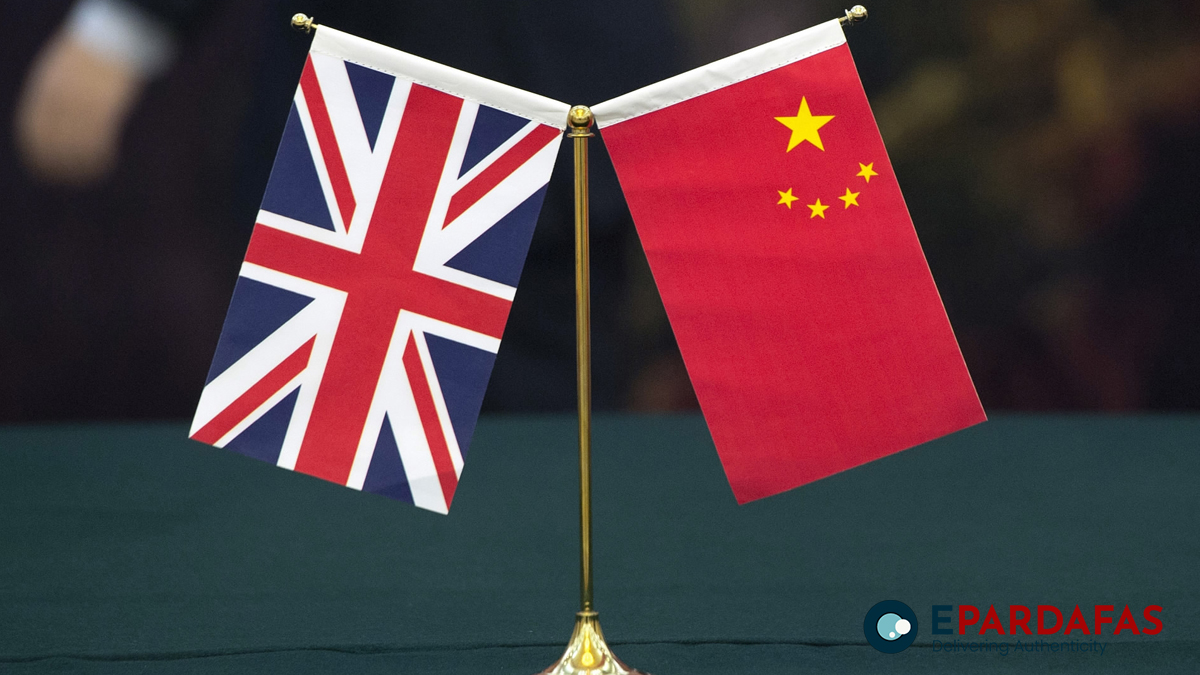
UK Government Seizes Control of British Steel from Chinese Owner Amid Financial Crisis

The UK government has assumed effective control of British Steel’s flagship plant in Scunthorpe following an emergency parliamentary session that approved a rescue package to prevent the closure of the country’s last remaining blast furnaces.
The move, formalized on Saturday, came after British Steel’s Chinese owner, Jingye Group, revealed the site was losing £700,000 ($910,000) per day due to difficult market conditions and rising environmental costs. Lawmakers were recalled for a rare Saturday sitting—the sixth of its kind since World War II—where they passed a bill granting the government powers to intervene directly.
Prime Minister Keir Starmer, who visited the plant following the vote, said the intervention was critical to safeguarding 3,000 jobs and preserving over a century of steelmaking tradition in Scunthorpe. “You and your colleagues have been the backbone of British Steel for generations,” Starmer told workers. “It’s your jobs, your lives, your communities, your families.”
The newly enacted legislation empowers Business Secretary Jonathan Reynolds to oversee the company’s operations, authorize payments to employees, and procure essential raw materials such as iron pellets and coking coal to keep the blast furnaces functioning. Without this intervention, the furnaces—once cooled—would be prohibitively difficult and expensive to restart.
Jingye’s decision to halt material orders earlier this month raised alarms across the political spectrum, as shutting the furnaces would effectively end the UK’s ability to produce virgin steel. This would leave the country reliant on imports, compromising key sectors like defense, infrastructure, and transportation.
“Allowing Britain’s last blast furnaces to go cold without a plan or accountability would be unacceptable,” Reynolds said during the emergency debate. He accused Jingye of making “excessive” demands and acting unilaterally in a way that would have permanently shut down the site.
While ownership of the plant remains with Jingye for now, the law allows the government to intervene extensively. Reynolds acknowledged that a full nationalization of the site remains a possibility, depending on how events unfold.
The local community responded with relief and celebration. During halftime at Scunthorpe United’s football match—fittingly nicknamed “The Iron”—fans cheered steelworkers who took to the pitch in recognition of the plant’s preservation.
The decision averts a historic loss: without Scunthorpe’s blast furnaces, the UK would become the only G7 country without the capacity to produce steel from raw materials. Instead, it would rely solely on greener, but limited, electric arc furnace production using recycled steel.
It remains to be seen what role Jingye will continue to play in operations, but under the new legislation, failure to comply with government directives could result in legal penalties for the company and its executives.












Comments